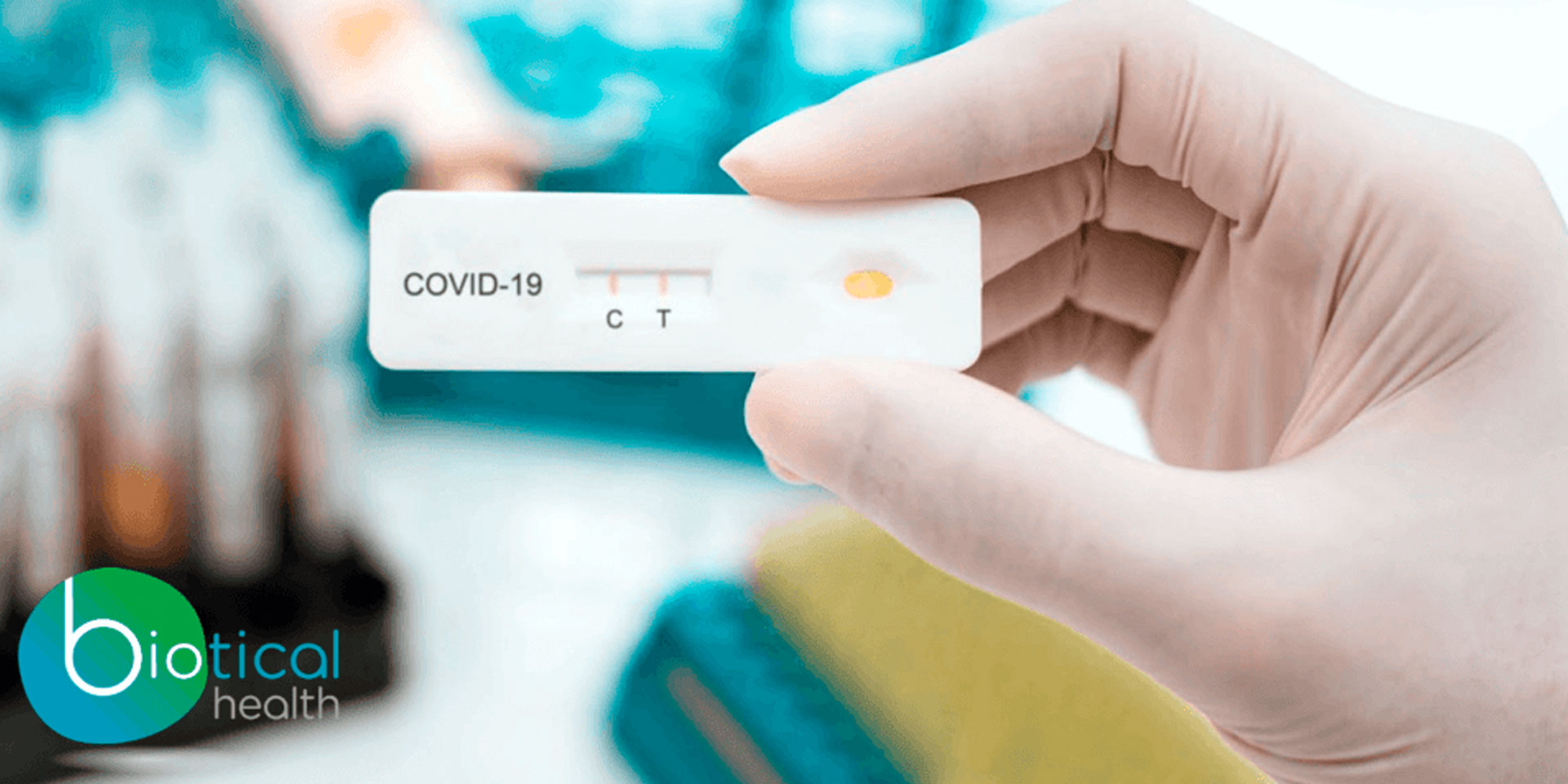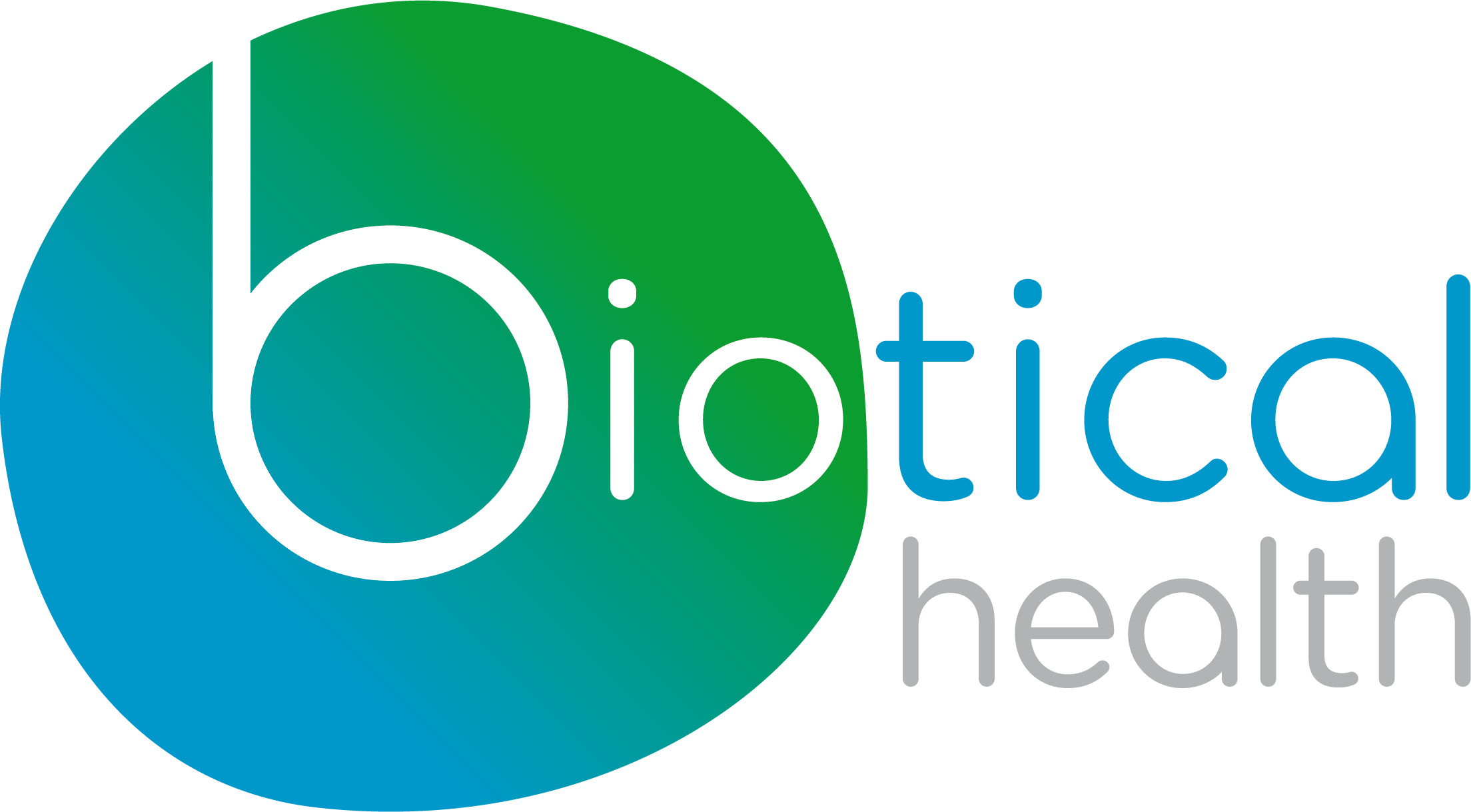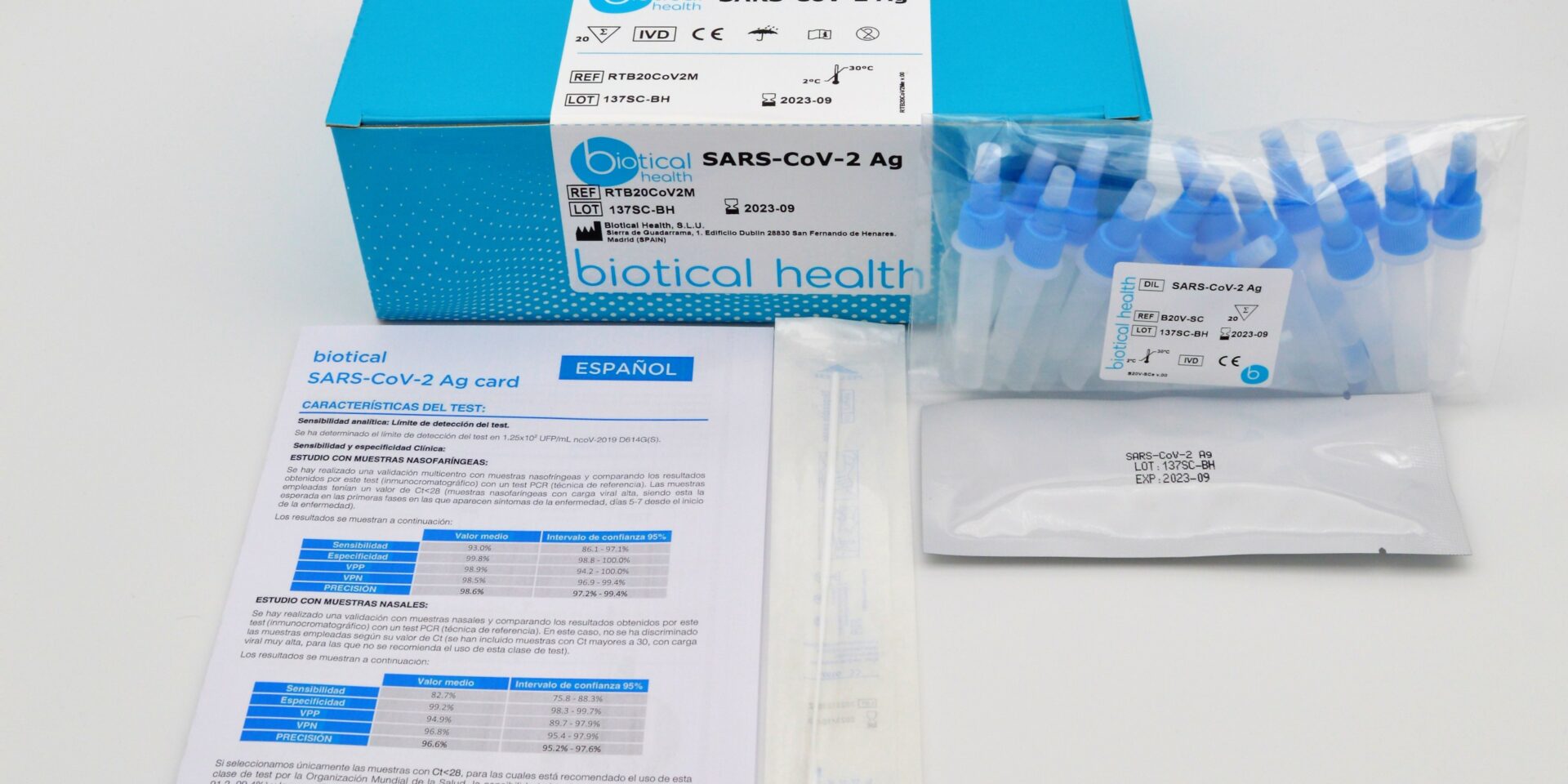
COVID-19 Diagnostic Methods
As a result of COVID-19, all kinds of information are arriving about the different types of tests that can answer whether we have had the coronavirus or if we are currently infected. But not all tests always give the same information. Let’s find out what type of tests are carried out, how they work and what response each of them gives in this regard.
Although there have already been institutions that have disseminated information seeking to resolve doubts about the different diagnostic techniques that are being used with COVID-19, it is important to help make them known and also to know how to interpret the results they offer.
Today there are different diagnostic techniques, virological and serological, that are used for the detection of COVID-19. The best known, at least in the early phases of the coronavirus, have been the so-called PCR tests, which offer the greatest diagnostic certainty to determine if the infection is active in the individual at the time of the test.
COVID-19 Virological Tests
We have all seen (or carried out) these virological tests in which a swab is used to carry them out and biological samples are collected from the nose, mouth, or throat. Although they are effective tests, they must be performed with laboratory equipment and one must wait several hours or even days to know the result.
New Rapid Antigen Tests
To shorten times, for some time now, we have also been working with a new type of rapid antigen test, which are based on the same type of samples, but is capable of providing a result in less than 10 minutes. In addition, rapid tests do not require laboratory equipment and each kit includes everything necessary to perform the diagnostic test wherever we are. Rapid antigen tests, like PCR tests, confirm, if positive, an active COVID-19 infection.
Serological Antibody Tests
Another system and terminology that citizens are already becoming familiar with are serological tests. These are based on a blood sample that allows, with a very small amount (a drop, in a system very similar to that used to determine glucose levels in diabetics), to identify whether the person has been in contact with the virus and has developed antibodies. Any result provided by a virological test is considered definitive. The negative, however, and always after evaluation by the health professional, may require repeating the test.
The question about when to perform each of these tests responds to medical criteria. Thus, while virological tests are carried out when the person presents symptoms or has had close contact with someone infected, serological tests are often used when it is to determine if the person has been in contact with the virus and has developed antibodies.
COVID-19 PCR Tests
For all these reasons, and always during the incubation period, in the first week after possible infection, virological tests (PCR and/or rapid antigen detection tests) are used.
At Biotical Health, we believe that it is essential to work with reliable tests and support the national and European industry. We consider that the WHO (World Health Organization) criteria should always be the prevailing ones and it is necessary to use rapid tests correctly.



